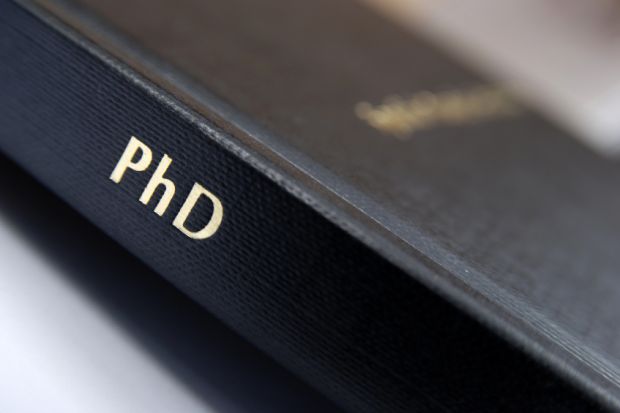
I am in a very privileged position as a PhD supervisor – I have around 100 people apply to do a PhD with me every year.
But sadly I don’t have the time and energy to work with everyone, so I am very selective about who I take on, as once I agree to supervise you, I will try to do the very best I can to help you succeed in your doctorate and later career.
So I have written this short blog to explain what I look for in a PhD student so that you are able to target your application more appropriately – or simply decide I am not for you and apply elsewhere.
Here are some things I don’t worry about – your age, gender, sexual orientation, religion, first language, the country you applying from, or whether you have declared disabilities. You may be surprised to know I also don’t really care about nature of your first degree, my previous students have had degrees in Psychology, Computer Science, Linguistics, Graphic Design, Maths, or English Literature amongst others. I also don’t worry about if you already have a scholarship or are applying for one. I am not more likely to accept you if you have funding.

What I do look for ? I am interested in supporting students who want to work on topics of mutual interest. So the most important part of your application for me is your research proposal. Do your research questions interest me, are they ambitious, do I have expertise in the methods you want to apply to answer them and are these methods well matched to your questions ? Are the theories you intend to apply those I also apply to my own research or are they far away (or worse you don’t make clear your theories)?
No PhD research proposal is perfect and none are the ones students actually end up doing, but they make a great place to start the conversation.
What research proposals am I most likely to reject? Well, firstly the ones that are clearly been sent to many many potential supervisors not just to a select few. If you are not quoting my previous research or the papers I read or cite, I will most likely assume you applying all over. What you want to do must resonate with what I know or I am not the right supervisor for you.
I also look for evidence that you have the experience and expertise necessary to do a PhD in Learning Sciences. Doing a PhD in three years is a tough enough thing to do, but trying to learn a completely new field and methods at the same time makes it almost impossible. I may recommend you take a specific MA degree first or think about how you could fill in the gaps.
A final thing that is so important in a PhD is how willing you are to learn and improve. I was exceptionally lucky in my PhD, as I learnt so much from David Wood my PhD supervisor. So I may suggest we talk (perhaps by video conference) about your research proposal and then give you feedback, before suggesting you resubmit. And it is that resubmitted PhD proposal that will convince me.
I may well have sent you a link to this page if you have emailed me or you may have stumbled across it myself yourself. Whichever was the case, I hope you find it useful and that if you are still thinking of doing a PhD with me you are now better placed to do so,
best wishes
Shaaron
